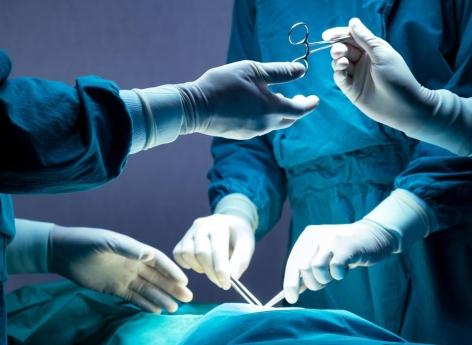THE ESSENTIAL
- In the United States, a patient is declared brain dead after an overdose.
- His family members decide to turn off the machines that keep him alive and agree to organ harvesting.
- In the middle of the surgical procedure, the patient wakes up.
In 2021, Anthony Hoover was declared brain dead following an overdose. The medical team at Baptist Health Hospital in Richmond, Kentucky leaves the family with a choice: either continue hospitalization of this 33-year-old patient or remove the machines that keep him alive.
Family agrees to organ harvesting
The doctors are categorical: there is no chance that Anthony Hoover will survive. They indicate, as those close to him report to CNNthat he no longer has any reflexes and that the brain damage is significant. Additionally, doctors notice a “emptiness in his eyes.”
On that last point, Anthony’s sister, Donna Rhorer, has hope. For her, her brother opens his eyes and even follows her with his gaze. But the doctors are categorical: “We were told it was just reflexes, just a normal reaction, explains Donna Rhorer to the local American channel in Kentucky WKYT. Who are we to question the medical system?
Faced with the certainty of the medical profession, the family decided to withdraw assistance and thus trigger the death of Anthony Hoover. Then comes the question of organ donation: relatives say yes, because it is one of his last wishes. He was actually registered on the organ donor registers.
Organ harvesting: he wakes up during the procedure struggling and crying
The process is therefore underway: the machines are removed and Anthony is very quickly taken to the operating room so that his organs can be removed. The surgery begins… And Anthony Hoover wakes up, struggling and crying. The operation is immediately stopped. Three years later, Anthony Hoover is still alive and his sister cares for him daily.
Was there a failure on the part of the doctors? An investigation is currently underway to answer this question. According to Nyckoletta Martin, an organ preservation officer on site, Anthony Hoover showed signs of consciousness during the cardiac catheterizationa procedure to evaluate the anatomy and function of the heart and coronary arteries.


